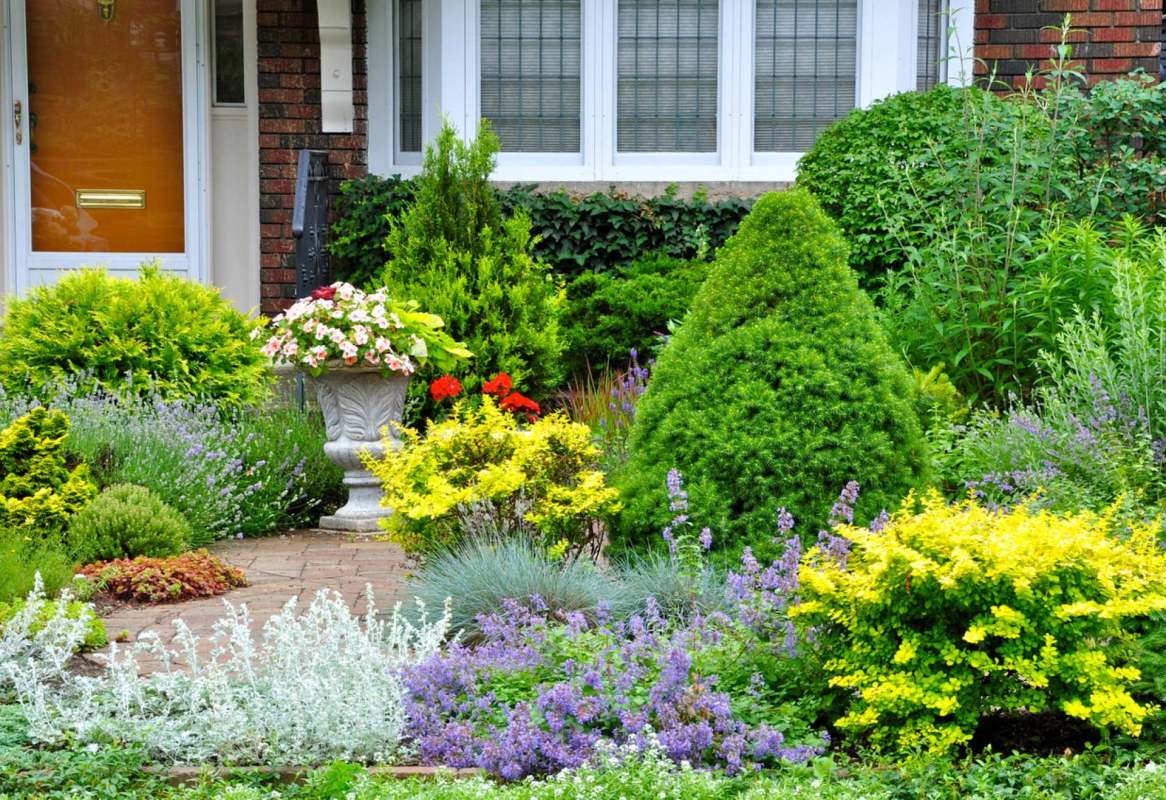A Reddit user is sharing their plans — and concerns — about planting a rain garden on their property to maximize their water efficiency.
In a post on the r/NativePlantGardening subreddit, a user posted a question about their forthcoming rain garden (that is, a garden intended to use natural precipitation as its primary source of water), as they weren't sure about their home's level of fitness for such a landscaping choice.
"I've been considering starting a rain garden at my house. Our house lies on a slope of 5-10 degrees (so 10-15% ish). One corner near the driveway and walkway tends to attract water," the user explained. "I've read that it's usually recommended to put in rain gardens downslope of houses so they can catch runoff from the roof.
Then the Redditor asked, "However, would it be a bad idea to site one upslope of my house since water tends to collect there anyway? That corner of the house can have occasional small leaks into the foundation as well, so I'm hoping that I can help slow down water migration to that corner with a rain garden. Do they work like that?"
Installing eco-friendly gardens like rain gardens is one of the easiest ways to help the environment while saving money in the process.
Native plant gardens use substantially less water than traditional grass lawns, which means you can save a significant amount of money on watering your yard every month. Native plants also add biodiversity and attract more pollinators to your local ecosystem.
Some examples of eco-friendly grass alternatives include buffalo grass, clover, rocks, and xeriscaping. For more information about rewilding your yard with native plants, visit TCD's native plant guide.
As for the original poster on Reddit, users offered potential solutions and discussed their own experiences with sloped rain gardens in the comments.
"I'd do a little searching on bio swales and the proper sizing. You might also consider having it professionally installed since you already have water collecting there," one user suggested. "I have 3 small rain gardens in my backyard that collect water from my roof and yard and attempt to slow it down before it gets to the neighbors, but they really aren't big enough to make a big difference. Companies that do this for a living usually have guidelines for how big to make them."
"Creating one upslope of your house could create issues by creating an aquifer close to your foundation. As already commented, you might be better off with a swale to direct water away, rather than collecting in place," another user wrote.
Join our free newsletter for easy tips to save more, waste less, and help yourself while helping the planet.









